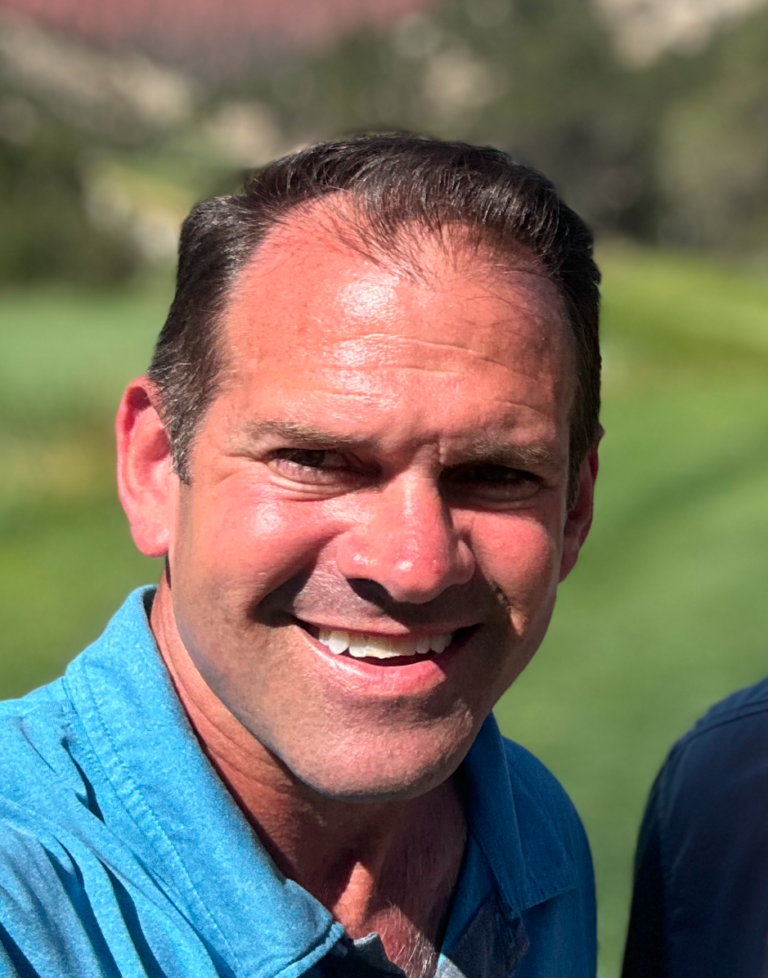Innovations in Heart Disease Prevention: Dr. Ian Weisberg’s Take on What’s Next in Cardiology
Innovations in Heart Disease Prevention: Dr. Ian Weisberg’s Take on What’s Next in Cardiology
Blog Article
Cardiology is on the brink of a scientific and medical revolution, with breakthroughs collection to convert heart problems reduction, examination, and treatment. Dr Ian Weisberg Niceville Florida, a leading specialist in cardiac electrophysiology, predicts several groundbreaking inventions that'll redefine exactly how we approach heart health.

1. AI-Powered Diagnostics and Predictive Medicine
Synthetic Intelligence (AI) is already making waves in cardiology, but Dr. Weisberg believes its role may expand significantly. AI-driven ECG examination, device learning methods, and predictive designs will allow doctors to identify heart disease risks before signs appear. That shift toward preventive cardiology wil dramatically reduce crisis interventions and improve individual outcomes.
Furthermore, AI-assisted imaging may increase early detection of coronary artery disease, ensuring that people receive therapy before a heart attack occurs.
2. Individualized Medication for Heart People
Every center is exclusive, and Dr. Weisberg envisions another wherever cardiology therapies are tailored to each patient's genetic profile. With improvements in genomics and biomarker evaluation, doctors will be able to prescribe extremely personalized medications, diet plans, and treatment programs that perform most readily useful for an individual's aerobic health.
As an example, gene treatment is featuring assurance in managing inherited heart problems, perhaps avoiding genetic flaws that trigger heart disease.
3. Minimally Intrusive Procedures Can Become the Norm
Standard open-heart procedures are slowly being changed by minimally unpleasant techniques. Dr. Weisberg foresees catheter-based techniques, robotic-assisted operations, and next-generation stents getting better, faster, and more precise.
One significant advancement is bioresorbable stents, which reduce naturally after healing the artery, removing long-term risks associated with metal implants.
4. Remote Monitoring and Smart Wearables
Smartwatches and AI-powered wellness trackers are getting crucial tools for monitoring center health in true time. Dr. Weisberg features the growing use of implantable units that could continuously track arrhythmias, body force, and air degrees, giving signals directly to medical practioners when irregularities occur.
This technology allows people for treatment without frequent hospital visits, making cardiology more accessible and efficient.
5. Regenerative Medication and Base Mobile Therapy

Dr. Weisberg anticipates that base cell treatment and tissue executive will perform a crucial role in heart problems recovery. Scientists are exploring ways to replenish broken heart structure, possibly reversing the consequences of heart failure and myocardial infarctions (heart attacks).
With ongoing study, patients may shortly benefit from cell-based therapies that regain center function relatively than just handling symptoms.
Conclusion: A New Era for Cardiac Attention
Dr Ian Weisberg's forecasts color a future wherever heart problems is found early in the day, handled more effortlessly, and also changed applying advanced medical technologies. With improvements in AI, personalized medicine, minimally invasive methods, remote checking, and regenerative treatments, the ongoing future of cardiology is brighter than ever.
Report this page